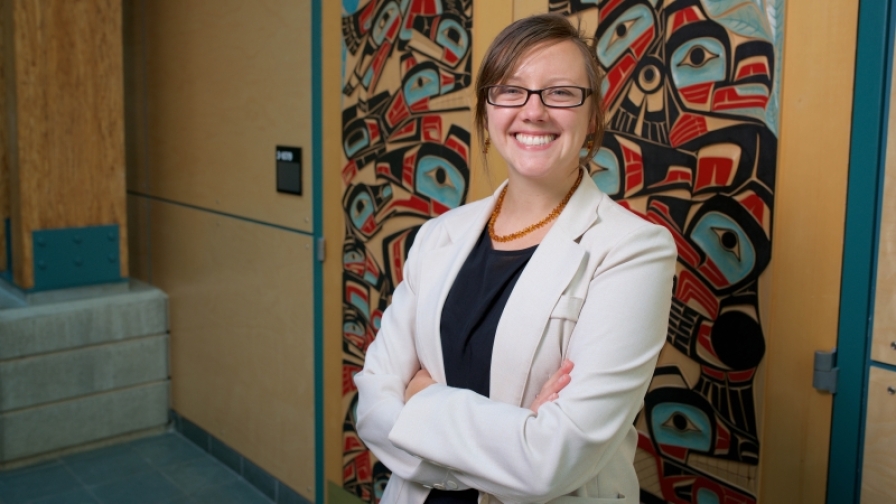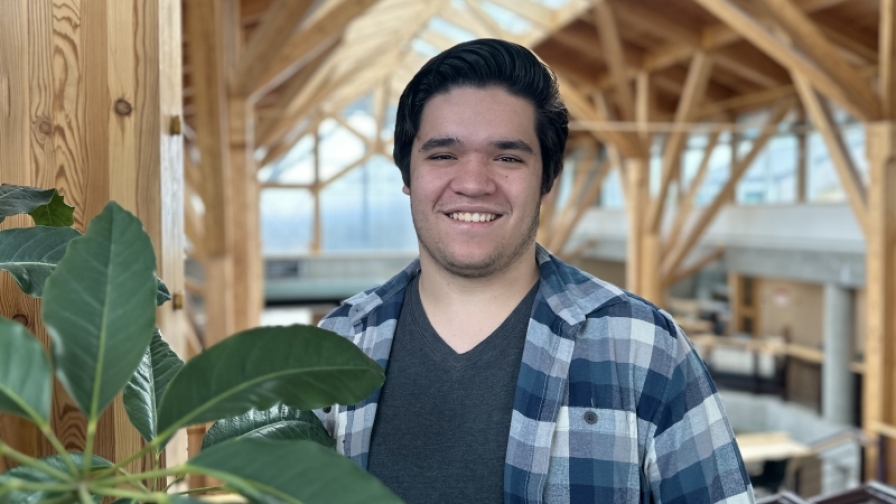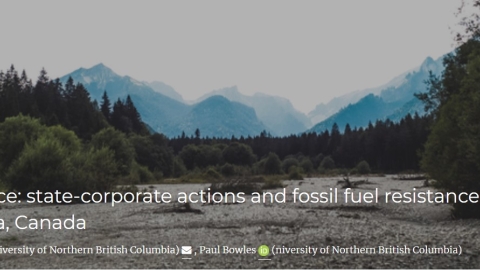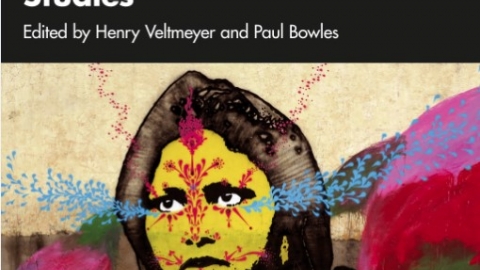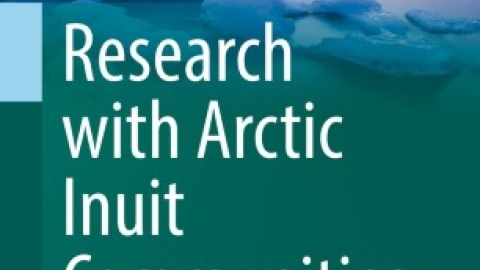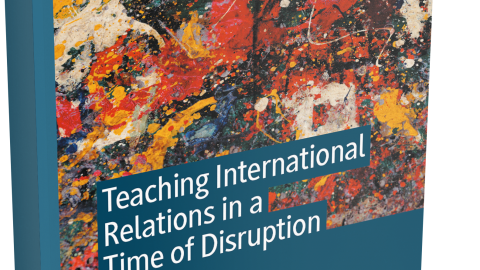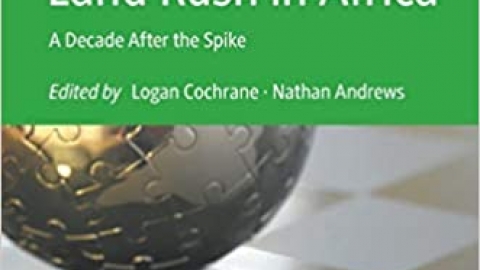Our world is rapidly globalizing, bringing exciting opportunities and daunting challenges. Global and International Studies, hereafter referred to as Global Studies, seeks to tackle this brave new world in all its complexity. We train students to be global citizens, global thinkers, and global problem-solvers, and prepare them for global careers in academia, business, government, and the non-profit sector, among others. A unique feature of our program is that we train students in foreign languages. Language is the entry-point for understanding the world’s cultures and equips students for studying and working abroad.
Global Studies is a holistic and timely field of study whose scope is the whole Earth and whose eyes are on the future, aiding a global transformation toward healthy, just, peaceful, prosperous, and sustainable societies for all. The focus of our program is on the ‘big picture,’ international to global. Students emerge from our program with knowledge of the macro-level structures, actors, processes, ideas, issues, and events shaping our planet and its societies. This is accomplished in multi-disciplinary, multi-perspective, local-to-global, and critical ways of thinking.
The curriculum is organized around four themes:
- Global environment and sustainability
- Global cultures and diversity
- Global governance and social justice
- Global political economy and development.
Students take courses in each theme, learn to integrate across themes, and can focus on one or more themes if they so choose. Special attention is given to British Columbia’s immediate international neighbouring regions: Asia-Pacific, Circumpolar North, and the Americas.
Welcome to New Students from the Chair
Welcome to the Global and International Studies Program at UNBC! There could not be a more interesting time to be studying global issues and I congratulate you on building your knowledge and skills as a global citizen and as a member of a fast-growing, exciting, and innovative interdisciplinary field of study.
UNBC’s program is built on four thematic pillars: environment and sustainability; cultures and diversity; governance and social justice; and political economy and development. As you navigate the program, you will study these themes from a variety of disciplinary perspectives and in many different courses. As you study, you will become conversant with the world around you, the issues that we face as a global community, and the varying approaches and methods we can use to understand and solve the challenges of our globalizing world.
Our new capstone course enables you work in a small group with a faculty member to bring everything together at the end of your program. Along the way, you will also have become proficient in a language other than English with your choice of Spanish, Japanese, or French.
With its small classes, high-quality faculty engaged in cutting-edge research, and exciting curriculum focusing on the most important global issues, the INTS program offers students an excellent preparation for interesting careers and lifelong learning.
Explore the Department’s website for stories of students’ successes working for the federal government, going on to graduate school, working with NGOs, travelling and teaching abroad, being provincial speech contest finalists, and raising awareness of global issues on campus through the student society. Read about faculty research programs and publications. Reach out to me with your questions, suggestions, and concerns as you navigate your studies. And most of all, become part of both the INTS community and the larger UNBC scene. It is an exciting time to study global processes, problems, and solutions. I hope that you will enjoy your time as an INTS student.
Best wishes,
Jacqueline Holler
Chair, Department of Global and International Studies

